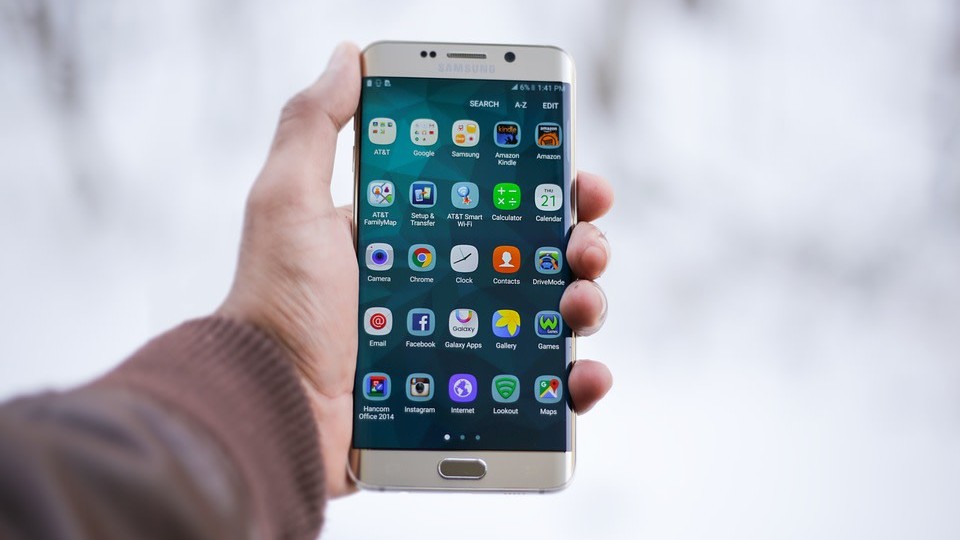
Are you sure you’re using the real versions of popular apps installed on your phone? Forbes recently reported that spyware masquerading as popular Android apps are circulating online, and hackers may be using them to track you.
The article specifically calls out fake versions of Evernote, Google Play, and even the PornHub app that appear to be connected to a known Russian surveillance group. The good news? These fake apps don’t show up on the Google Play Store (even though plenty of other shady apps do). However, the Android users that are being duped by the legit-looking apps are sideloading them from unofficial sources.
We can understand wanting to keep an app like PornHub off of your Google Play download history, but there’s no reason to install popular apps like Evernote from non-official sources. (If you really don’t want to download something from Google Play, there’s also the Amazon Appstore.)
To be fair, sideloading apps is a normal process, and a large part of Android’s appeal for the enthusiast crowd. Sometimes it’s even a necessity, as in instances when you’re trying to install smaller open-source apps from non-Google Play sources (or if you’re concerned with how much your technological life intertwines with companies like Google, Amazon, or Facebook, and would prefer open-source alternatives instead.)
While you can sideload just about any app out there, you need to make sure the app is legit and safe before you put it on your device. If you’re downloading standalone .APK files (the app installation files), consider sticking to trusted sites like APK Mirror. APK Mirror labels the apps it has downloaded and tested first-hand—which feels a lot safer than downloading some .APK you found on a random cloud storage site.
You can also try installing a mobile antivirus app to catch problematic apps before you start playing with them on your device. In general, though, it’s best to stick to the usual app marketplaces for your more popular apps to ensure you’re getting the correct version—even if that means PornHub gets listed in your download history (which you can delete, anyway).























